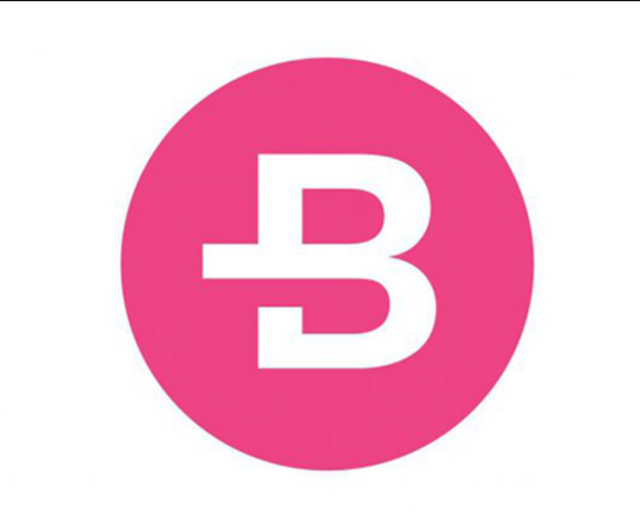
Preamble
I'd like to start off by stating categorically that the cryptography presented by CryptoNote is completely, entirely solid. It has been vetted and looked over by fucking clever cryptographers/developers/wizards such as gmaxwell. Monero have had a group of independent mathematicians and cryptographers peer-reviewing the whitepaper (their annotations are here, and one of their reviews is here), and this same group of mathematicians and cryptographers is now reviewing the implementation of the cryptography in the Monero codebase. Many well known Bitcoin developers have already had a cursory look through the code to establish its validity. It is safe to say that, barring more exotic attacks that have to be mitigated over time as they are invented/discovered, and barring a CryptoNote implementation making rash decisions to implement something that reduces the anonymity set, the CryptoNote currencies are all cryptographically unlinkable and untraceable.
Two other things I should mention. I curse a lot when I'm angry (and scams like this make me angry). Second, where used my short date format is day/month/year (smallest to biggest).
If you find this information useful, a little donation would go a long way. Bitcoin address is 1rysLufu4qdVBRDyrf8ZjXy1nM19smTWd.
The Alleged CryptoNote/Bytecoin Story
CryptoNote is a new cryptocurrency protocol. It builds on some of the Bitcoin founding principles, but it adds to them. There are aspects of it that are truly well thought through and, in a sense, quite revolutionary. CryptoNote claim to have started working on their project years ago after Bitcoin's release, and I do not doubt the validity of this claim...clearly there's a lot of work and effort that went into this. The story as Bytecoin and CryptoNote claim it to be is as follows:
They developed the code for the principles expressed in their whitepaper, and in April, 2012, they released Bytecoin. All of the copyright messages in Bytecoin's code are "copyright the CryptoNote Developers", so clearly they are one and the same as the Bytecoin developers. In December 2012, they released their CryptoNote v1 whitepaper. In September 2013, they released their CryptoNote v2 whitepaper. In November 2013, the first piece of the Bytecoin code was first pushed to Github by "amjuarez", with a "Copyright (c) 2013 amjuarez" copyright notice. This was changed to "Copyright (c) 2013 Antonio Juarez" on March 3rd, 2014. By this juncture only the crypto libraries had been pushed up to github. Then, on March 4th, 2014, "amjuarez" pushed the rest of the code up to github, with the README strangely referring to "cybernote", even though the code referred to "Cryptonote". The copyrights all pointed to "the Cryptonote developers", and the "Antonio Juarez" copyright and license file was removed. Within a few days, "DStrange" stumbled across the bytecoin.org website when trying to mine on the bte.minefor.co.in pool (a pool for the-other-Bytecoin, BTE, not the-new-Bytecoin, BCN), and the rest is history as we know it. By this time Bytecoin had had a little over 80% of its total emission mined.
Immediate Red FlagsThe first thing that is a red flag in all of this is that nobody, and I mean no-fucking-body, is a known entity. "Antonio Juarez" is not a known entity, "DStrange" is not a known entity, none of the made up names on the Bytecoin website exist (they've since removed their "team" page, see below), none of the made up names on the CryptoNote website exist (Johannes Meier, Maurice Planck, Max Jameson, Brandon Hawking, Catherine Erwin, Albert Werner, Marec Plíškov). If they're pseudonyms, then say so. If they're real names, then who the fuck are they??? Cryptographers, mathematicians, and computer scientists are well known - they have published papers or at least have commented on articles of interest. Many of them have their own github repos and Twitter feeds, and are a presence in the cryptocurrency community.
The other immediate red flag is that nobody, and I mean no-fucking-body, had heard of Bytecoin. Those that had heard of it thought it was the crummy SHA-256 Bitcoin clone that was a flop in the market. Bytecoin's claim that it had existed "on the deep web" for 2 years was not well received, because not a single vendor, user, miner, drug addict, drug seller, porn broker, fake ID card manufacturer, student who bought a fake ID card to get into bars, libertarian, libertard, cryptographer, Tor developer, Freenet developer, i2p developer, pedophile, or anyone else that is a known person - even just known on the Internet - had ever encountered "Bytecoin" on Tor. Ever. Nobody.
Indisputable Facts
Before I start with some conjecture and educated guesswork, I'd like to focus on an indisputable fact that obliterates any trust in both Bytecoin's and CryptoNote's bullshit story. Note, again, that I do not doubt the efficacy of the mathematics and cryptography behind CryptoNote, nor do I think there are backdoors in the code. What I do know for a fact is that the people behind CryptoNote and Bytecoin have actively deceived the Bitcoin and cryptocurrency community, and that makes them untrustworthy now and in the future. If you believe in the fundamentals in CryptoNote, then you need simply use a CryptoNote-derived cryptocurrency that is demonstrably independent of CryptoNote and Bytecoin's influence. Don't worry, I go into this a little later.
So as discussed, there were these two whitepapers that I linked to earlier. Just in case they try remove them, here is the v1 whitepaper and the v2 whitepaper mirrored on Archive.org. This v1/v2 whitepaper thing has been discussed at length on the Bytecoin forum thread, and the PGP signature on the files has been confirmed as being valid. When you open the respective PDFs you'll notice the valid signatures in them:
Hi! I am a robot. I just upvoted you! I found similar content that readers might be interested in:
https://bitcointalk.org/index.php?topic=740112.0
Downvoting a post can decrease pending rewards and make it less visible. Common reasons:
Submit